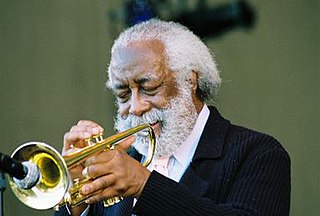A Quote by Bill Dixon
While everyone has a right to his or her opinion, the people who are informed have more of a right.
Related Quotes
I'm definitely bicoastal, but I have to say, it's easier to live in New York than in L.A. I feel like people respect other people's space a bit more here. Everyone has the right to that freedom, right? Everyone has that right. It's freezing in New York right now. In L.A., it's sunny. But I would choose freezing over being followed.
Orthodoxy, or right opinion, is, at best, a very slender part of religion. Though right tempers cannot subsist without right opinions, yet right opinions may subsist without right tempers. There may be a right opinion of God without either love or one right temper toward Him. Satan is a proof of this.
Morally a woman has a right to the free and entire development of every faculty which God has given her to be improved and used to His honor. Socially she has a right to the protection of equal laws; the right to labor with her hands the thing that is good; to select the kind of labor which is in harmony with her condition and her powers; to exist, if need be, by her labor, or to profit others by it if she choose. These are her rights, not more nor less than the rights of the man.
Human groupings have one main purpose: to assert everyone’s right to be different, to be special, to think, feel and live in his or her own way. People join together in order to win or defend this right. But this is where a terrible, fateful error is born: the belief that these groupings in the name of a race, a God, a party or a State are the very purpose of life and not simply a means to an end. No! The only true and lasting meaning of the struggle for life lies in the individual, in his modest peculiarities and in his right to these peculiarities.
Privative appropriation and domination are thus originally imposed and felt as a positive right, but in the form of a negative universality. Valid for everyone, justified in everyone's eyes by divine or natural law, the right of privative appropriation is objectified in a general illusion, in a universal transcendence, in an essential law under which everyone individually manages to tolerate the more or less narrow limits assigned to his right to live and to the conditions of life in general.
Was the majority right when they stood by while Jesus was crucified? Was the majority right when they refused to believe that the earth moved around the sun and let Galileo be driven to his knees like a dog? It takes fifty years for the majority to be right. The majority is never right until it does right.




































